2 Kgs 5:14-17; Ps. 98:1-4; 2 Tim. 2:8-13; Lk. 17:11-19
Once again, Jesus reveals his saving power to us as he journeys to Jerusalem. He “remains faithful, for he cannot deny himself” in offering salvation to the believer. The readings prefigure his saving power given to us through the sacrament of baptism. Our challenge is to examine our faithfulness to the gospel message and “in all circumstances, give thanks”. We ask ourselves “have I remained faithful to the faithful one this day giving thanks in all circumstances?”
We are unfaithful and deny him when we fail to come to Mass on Sundays, a mortal sin and a sign to God that we don’t need him and we close ourselves to the graces of his love. We close ourselves he does not stop desiring to pour out his faithfulness. Mass is an act of love of God, the first and greatest commandment. We are unfaithful and deny him in our neighbor as we are “destined for judgment under the law of freedom” when we fail to act in mercy and call upon judgment “but mercy triumphs over judgment” (Ja. 2:13) for the one who shows mercy. Be merciful! He cannot deny himself as a God of mercy when we return to him for forgiveness. The sacraments are the gift of God through the Church where mercy abounds.
For Naaman it was the washing in the Jordan that prefigured Jesus’ baptism and the institution of this sacrament. Naaman is cured of his leprosy, a disease taken as a punishment for sin in his time. Naaman is converted by his healing from his unbelief to believing. Naaman’s conversion required his obedience to “plunge into the Jordan seven times”, a number that represents perfection and “his flesh became again like the flesh of a little child”, the image of being born again of water and his spirit was renewed in faith. Naman declares to Elisha, “for I will no longer offer holocaust or sacrifice to any other god except to the Lord.” He does not say he will do this to the god of Elisha, he claims him as his Lord. This promise from Naaman is to become his act of thanksgiving for the rest of his life. The Mass is our act of thanksgiving today for our salvation to be done all of our lives.
Jesus cures ten lepers but he saves the one who returns to give thanks to God. Going to show themselves to the “priests” was to demonstrate evidence of healing and welcoming back into the community but it does not save them for eternity. Nine were healed who did not return to give thanks to God continuing to live their lives for themselves only to someday die and then what? Where is their act of thanksgiving? The one who returns to give glory to God receives the greatest gift, salvation of his soul.
Naaman’s visible leprosy represents our invisible sins. What is our leprosy? We are in need of healing of our many sins having already been washed in the waters of baptism but by following our own path into sin we remain in need of healing. Is there a conversion moment in our lives? Perhaps there are many recurring moments that bring us to the feet of Jesus in thanksgiving. It is impossible to live this life without trials and tribulations or to not experience the cross of suffering. Are we ready to call out to God “Jesus, Master! Have pity on us!”? Are we there yet, ready for our encounter with him?
We sometimes view suffering, trials and tribulations in Old Testament eyes as a “punishment” from God rather than in New Testament understanding as something that God allows to happen as a consequence of our free will, our freedom to choose, our separation from him. If anything, we need to ponder this day is the message from Paul, “if we are unfaithful, he remains faithful, for he cannot deny himself”. He is faithful to his love of us but he cannot save us without us returning to him. “The ball is in our court” to quote a well-known expression.
Salvation comes as daily encounter with Jesus. He is faithful so let us examine our faithfulness. How is our prayer life, our daily sacrifice for the Lord, our obedience to his word, our acts of thanksgiving, and our trust in him who saves? Countless opportunities to be faithful to him and to encounter him but we must be ready, seeking with the eyes of faith and guided by the Holy Spirit to know when to act and when to wait upon the Lord, for God’s time is the time of perfection.
Faith reveals his saving power. Faith saves “but not by faith alone” for it “is justified by works” according to James 2:24. Faith leads us to a response to God. Our response is our “work”. Our “works” come through obedience to his word transforming us into his image and likeness. Faith is the seed of his love while the growth of the seed is responding faithfully in our act of love in communion with him. This is being in relationship, this is love, this is how we come to his saving power.
The Lord reveals his saving power in Jesus and we reveal our hearts true love in our works. While the world desires our works for itself its rewards are short lived and do not satisfy the heart. The restless heart needs Jesus and we remain restless until we rest in him says St. Augustine. Come to his saving power ready to take on the mission entrusted to us. The mission is the work of salvation and he cannot be denied. Don’t be left behind wondering “what if”.
For some aging can be like wine gets better with time, a slow process with years of longevity, while for other it is like the making of beer, quick and out to market before becoming stale. The perfect drink however comes from God, pure simple water with all its saving power to renew the body.
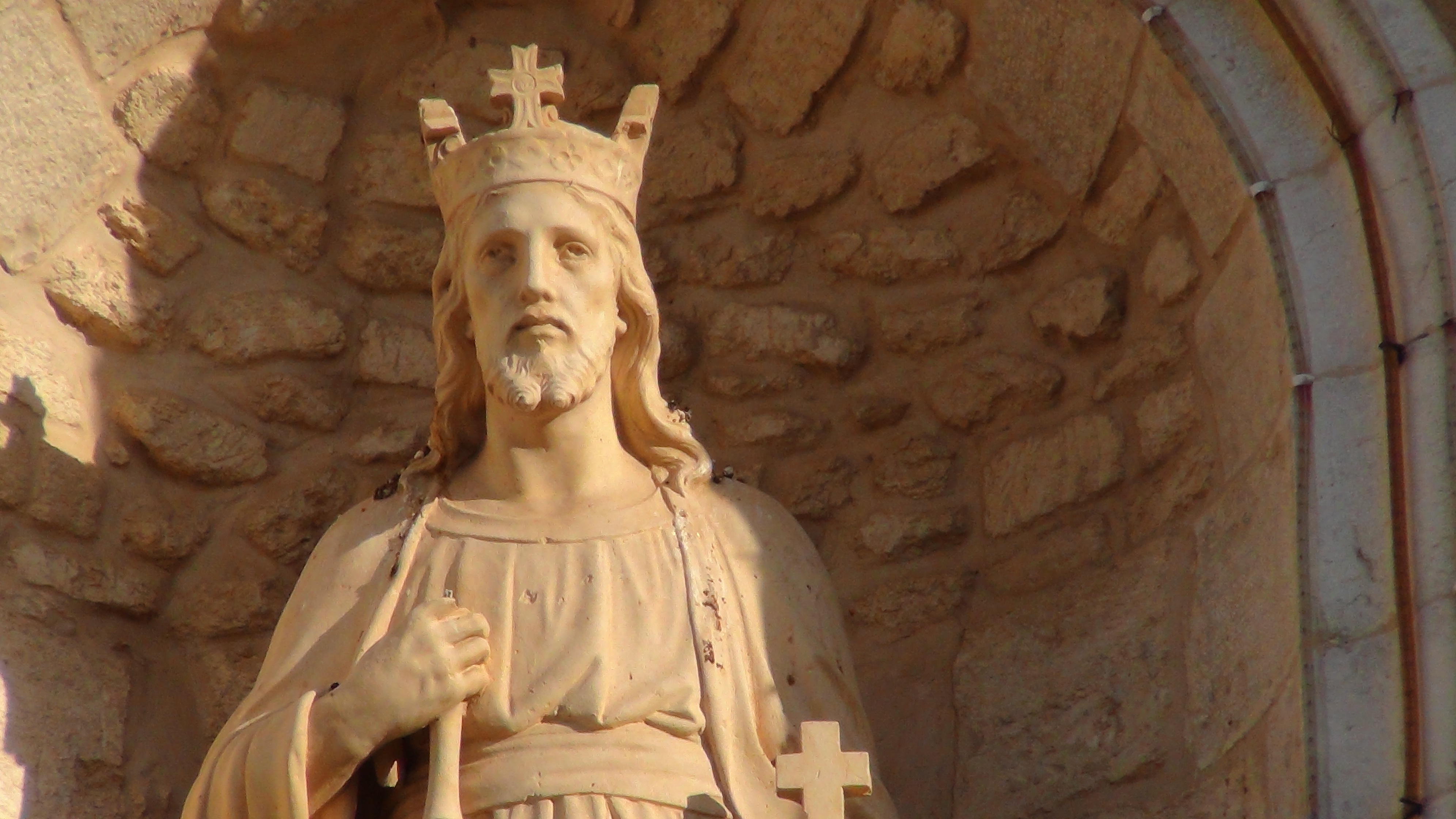


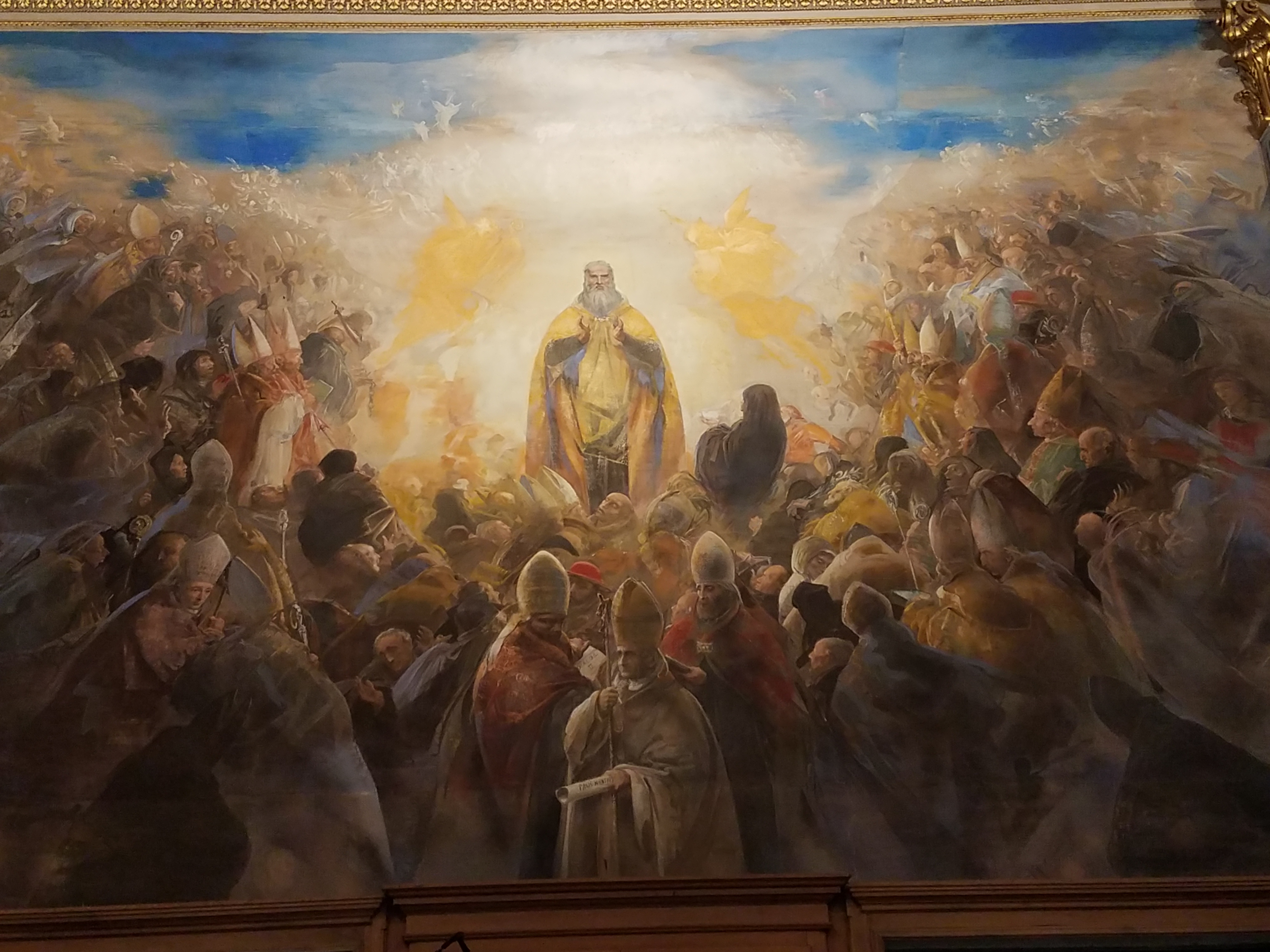
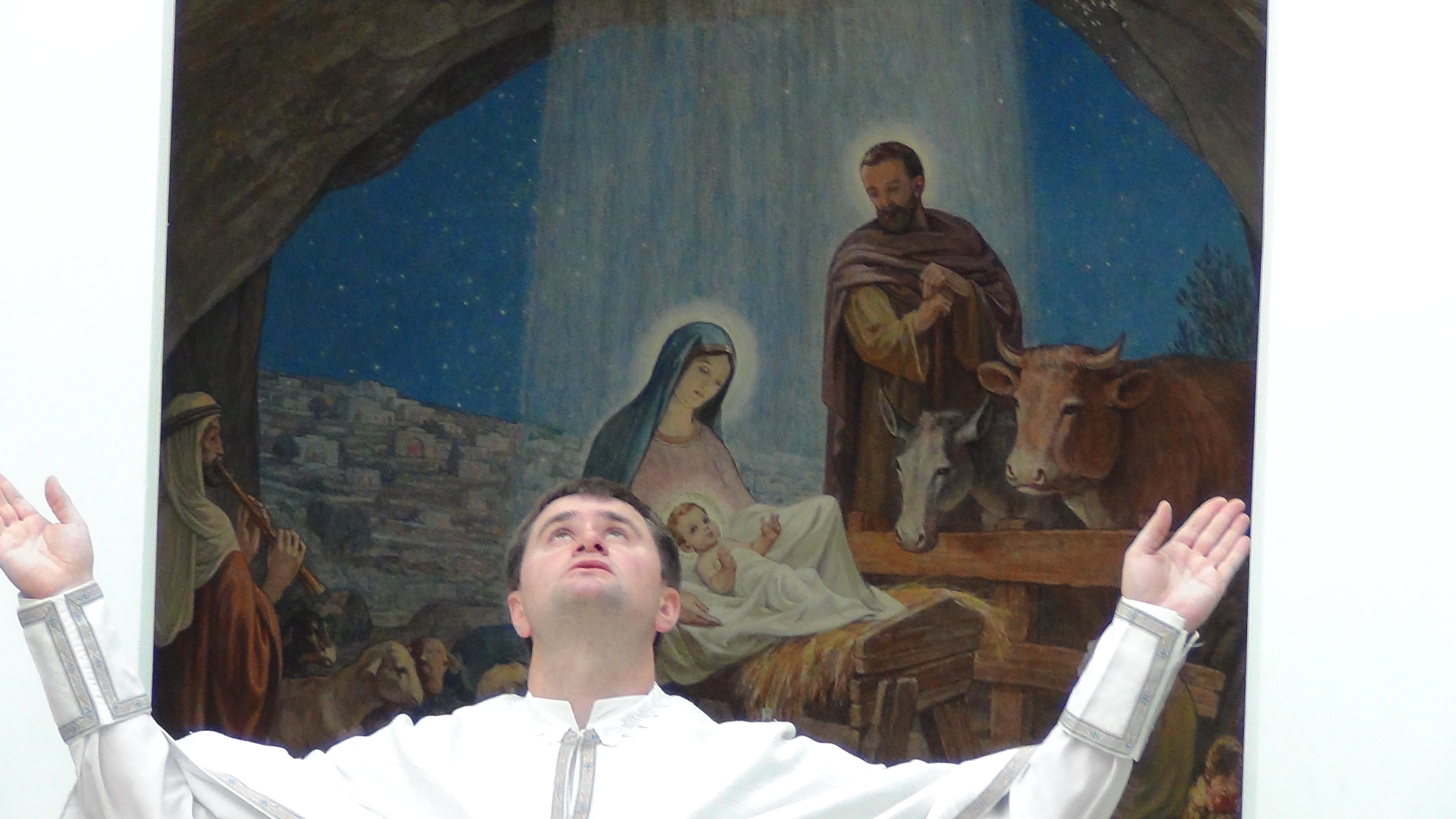

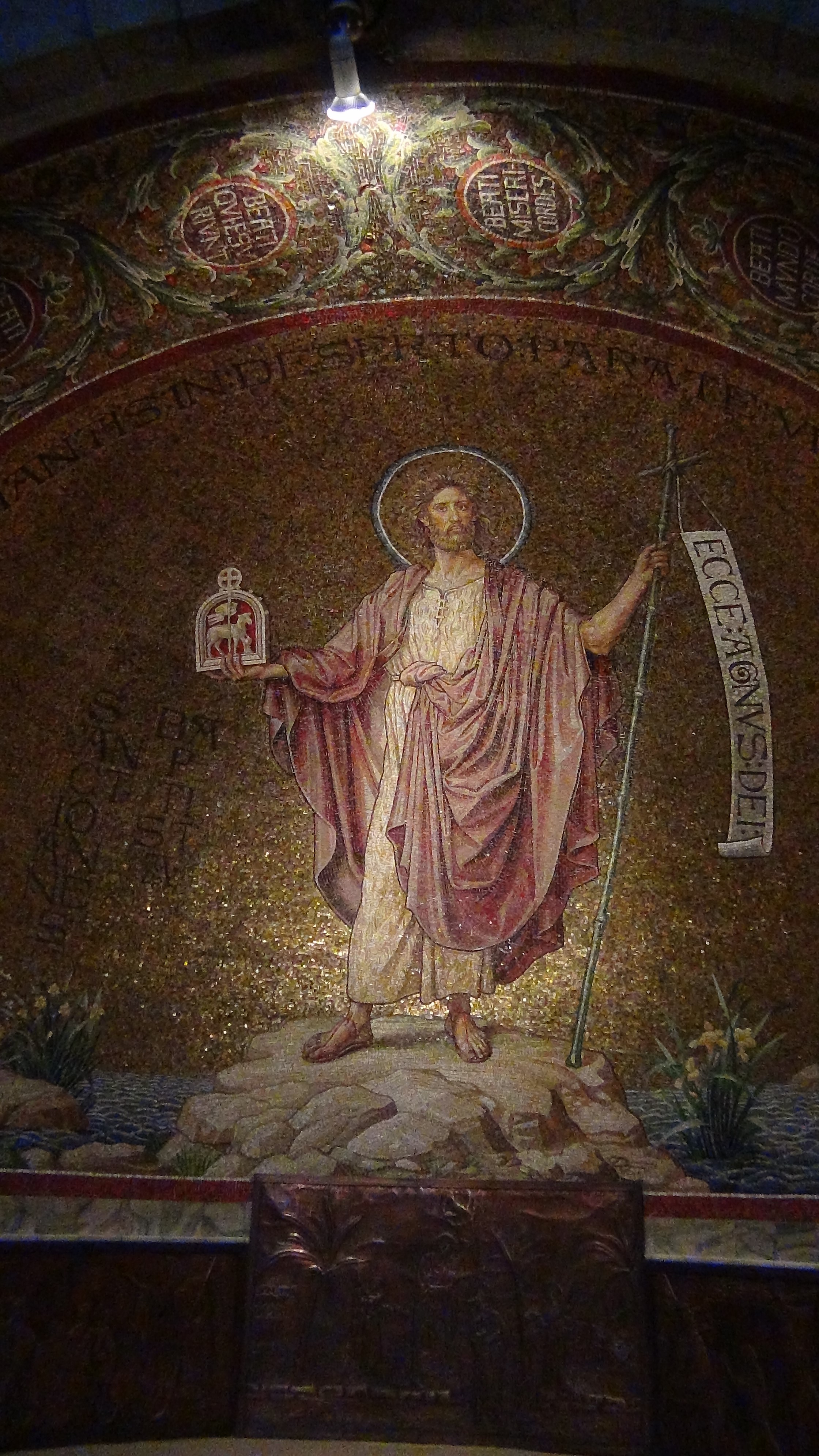



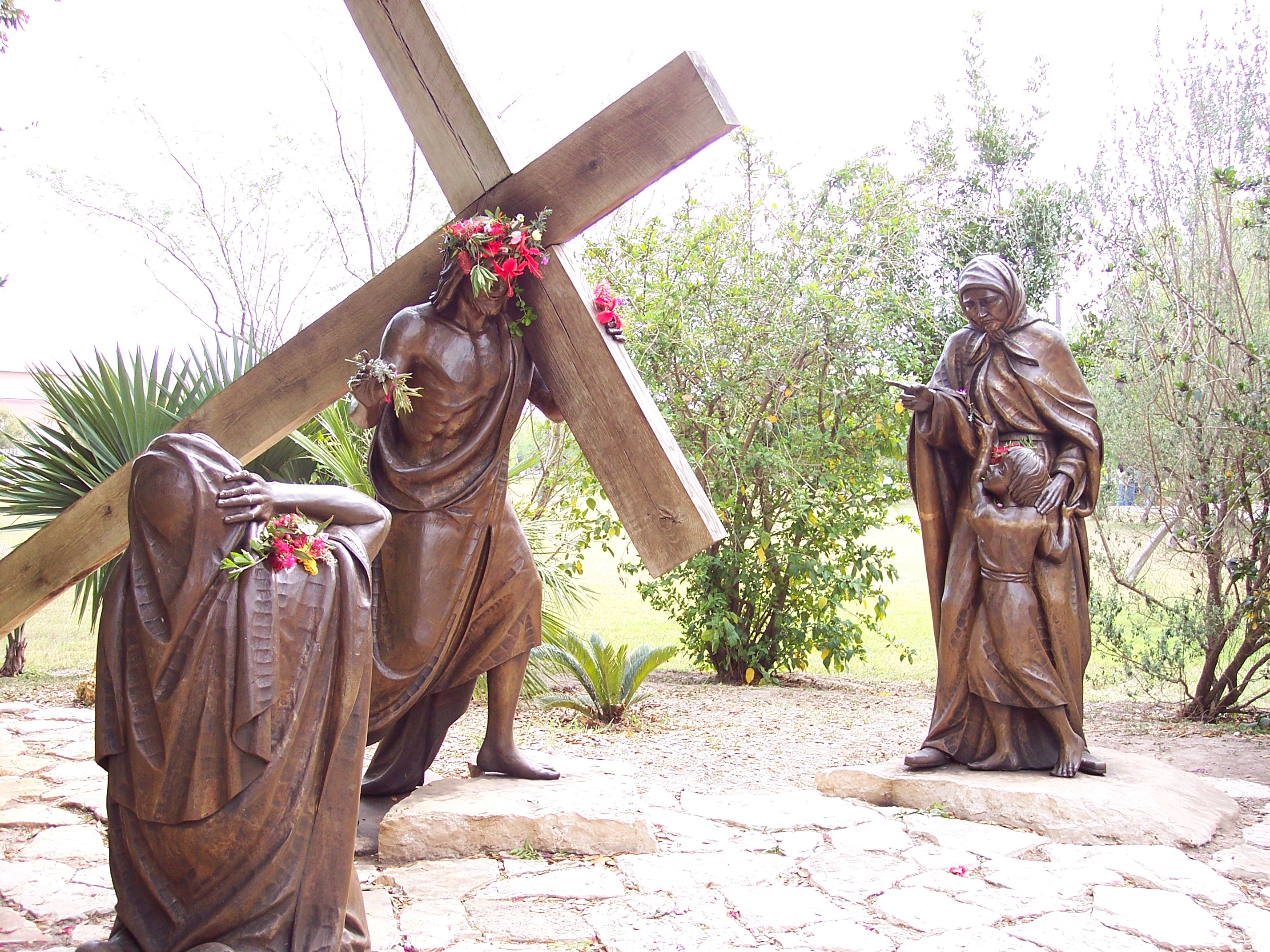



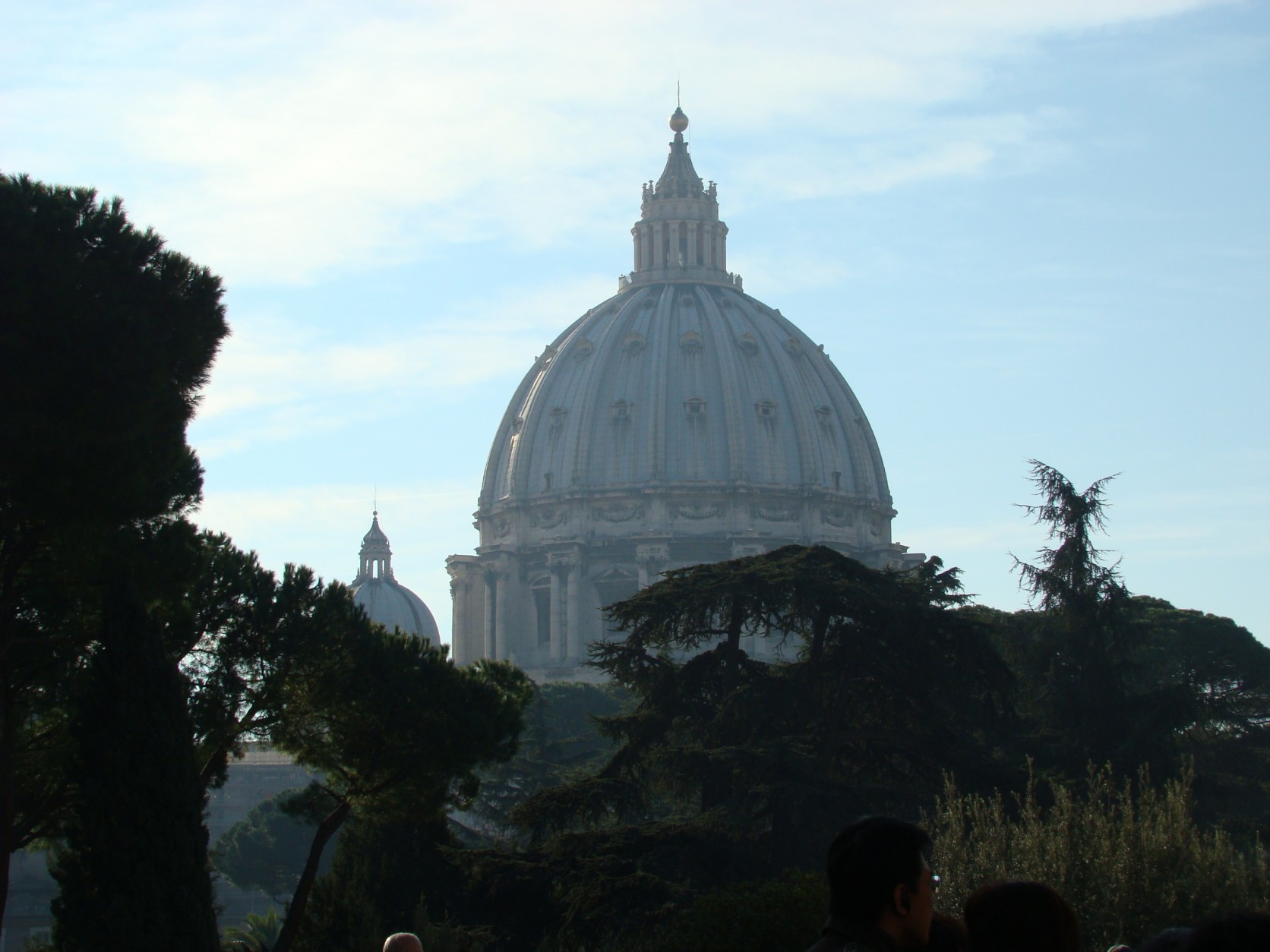
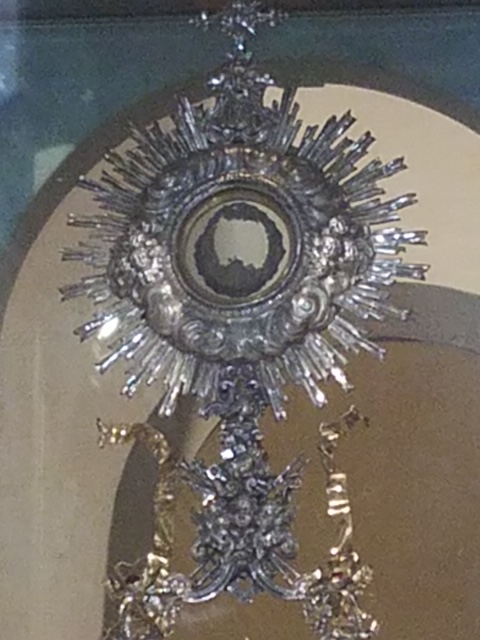



Recent Comments